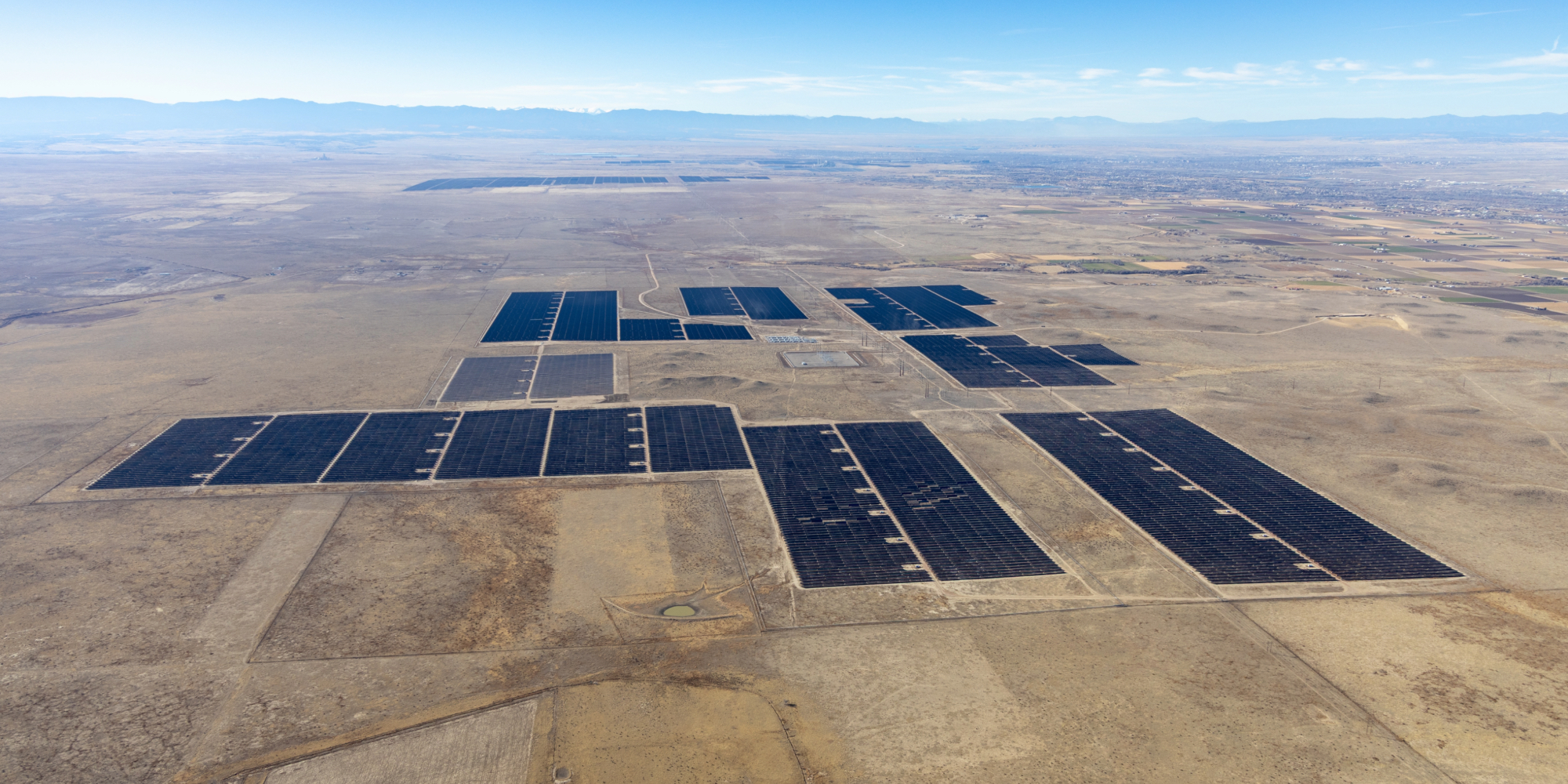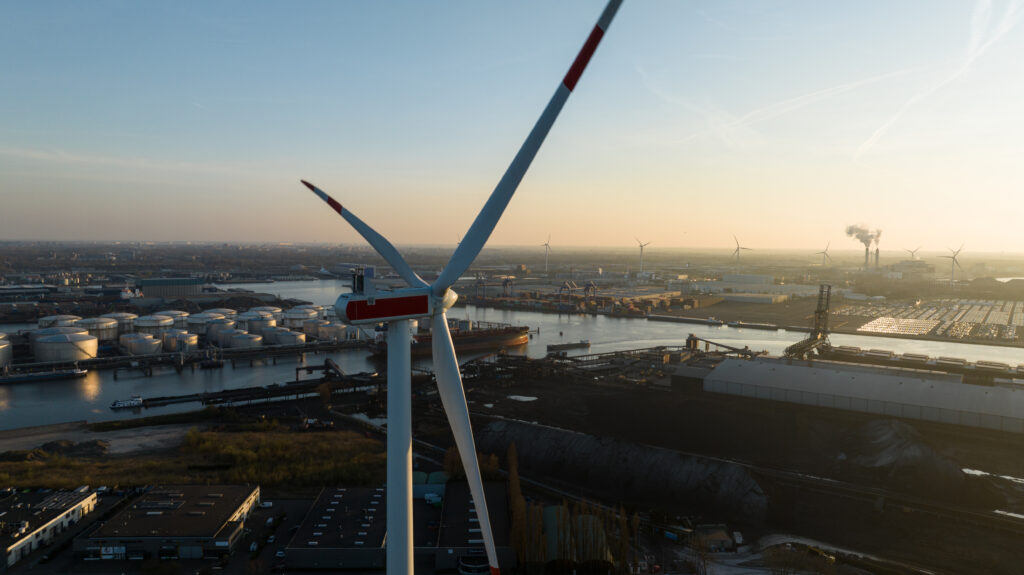Sam Trachtman is a senior researcher at BESI, where he leads the research program on the political economy of California. Previously, he worked at the Goldman School of Public Policy’s Possibility Lab. He led the lab’s Abundance Accelerator, an applied research program aiming to increase California’s capacity to sustainably produce the goods, services, and resources that we all need to live well.
Sam completed his Ph.D. in political science in 2021 at UC Berkeley, where he honed skills in quantitative methods and policy-engaged empirical research. He has published widely in academic journals including American Political Science Review, Climatic Change, Governance, Legislative Studies Quarterly, Nature Energy, Public Opinion Quarterly, and Perspectives on Politics. Prior to his academic career, Sam gained experience in the private sector as an analyst for a large electric utility and in the public sector as a healthcare analyst at the Congressional Budget Office.
Away from the office, you can find Sam exploring the beautiful Bay Area and surrounding landscape, usually by bike or foot. He also plays banjo and keyboard in an amateur Americana band.






